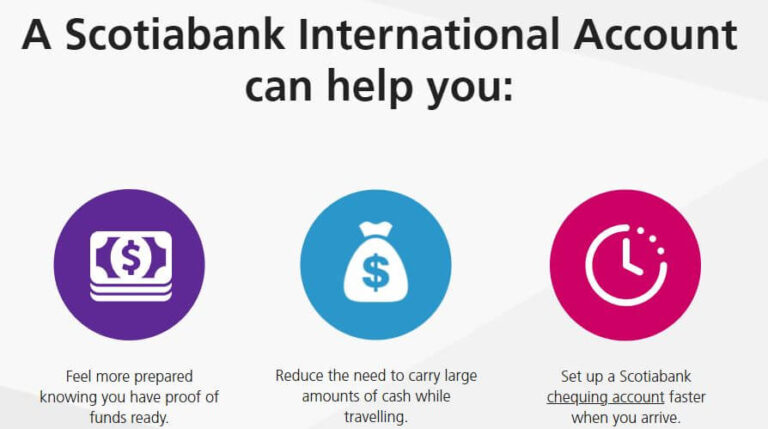Is it possible for Laborer’s and Daily Wager’s to open Bank Account
Is it possible for Laborer’s and Daily Wager’s to open Bank Account ? Financial Inclusion a step closer for Laborer’s and Daily Wage Workers by simplifying Bank Account Opening .A significant portion of the global population, especially labors and daily wage workers, still remains with out access to banking, hence opening and maintaining a bank account is a necessity for them like any other individual. Access to banking services is also a fundamental right that empowers individuals, fosters financial stability, and drives economic growth.
For these marginalized communities, opening a bank account can be a daunting task. In this article, we will explore the importance of facilitating bank account opening for labors and daily wage workers, the challenges they face, and potential solutions to make banking more accessible to them.
The Importance of Financial Inclusion
Financial inclusion can be transformative, it is a key driver of economic development. It allows individuals to save money securely, access credit, and engage in digital transactions. For laborer’s and daily wage workers. It provides them with a safe place to store their earnings, access to financial services, and a pathway to building assets and improving their quality of life.
Challenges Faced by Laborer’s and Daily Wage Workers while open a bank account
1. Lack of Documentation:
Many laborer’s and daily wage workers do not possess the required identification and address proof documents, which are typically mandatory for opening a bank account.
2. Low Literacy Levels:
Some of these workers may have limited education, making it difficult for them to navigate the complex paperwork and procedures involved in opening a bank account.
3. Limited Awareness:
A significant portion of this population is unaware of the benefits of having a bank account and may be hesitant to trust formal banking institutions.
4. Geographic Constraints:
Some laborer’s work in remote areas with limited access to bank branches or ATMs, making it inconvenient for them to utilize banking services.
Solutions for Facilitating Bank Account Opening
1. Simplified KYC Requirements:
Banks can collaborate with government agencies to create a simplified Know Your Customer (KYC) process that accepts alternative forms of identification, such as job cards, ration cards, or employer verification, for laborers and daily wage workers.
2. Financial Literacy Programs:
Financial institutions, in partnership with NGOs and government agencies, can organize financial literacy programs to educate these workers about the benefits of banking and how to manage their finances.
3. Mobile Banking:
Leveraging mobile technology, banks can offer mobile banking services that require minimal documentation and can be accessed using basic feature phones. This approach can reach workers in remote areas.
4. Banking Correspondents:
Banks can establish banking correspondents or agents in areas with a high concentration of laborer’s. These agents can help workers open accounts and conduct banking transactions.
5. No-Frills Accounts:
Banks can introduce “no-frills” or “basic” savings accounts with low or no minimum balance requirements, ensuring that laborer’s and daily wage workers can open and maintain accounts without financial strain.
6. Community Outreach:
Organizing outreach programs in laborers communities can build trust and raise awareness about the benefits of banking. Banks can set up temporary camps or booths for account opening.
Benefits of Facilitating Bank Account Opening
1. Financial Security:
Laborer’s and daily wage workers can protect their earnings from theft and loss by keeping them in a bank account.
2. Access to Credit:
Having a bank account can make it easier for these workers to access credit, which can be crucial for emergencies or investments in income-generating activities.
3. Government Benefits:
Bank accounts enable workers to receive government subsidies, pensions, and other social welfare benefits directly, reducing leakages and delays.
4. Savings and Investments:
Workers can start saving and investing for their future, fostering financial stability and long-term prosperity.
Read also:
Conclusion
By simplifying the account opening process, raising awareness, and leveraging technology, financial institutions can play a pivotal role in bringing these marginalized communities into the formal financial system. Opening a bank account may seem like a routine task for many, but for laborer’s and daily wage workers, it can be a significant step towards financial inclusion and economic empowerment. This not only benefits the individuals but also contributes to the overall economic development of nations. It is imperative that we continue to work towards a more inclusive financial landscape where everyone, regardless of their socio-economic status, can access the benefits of banking.







